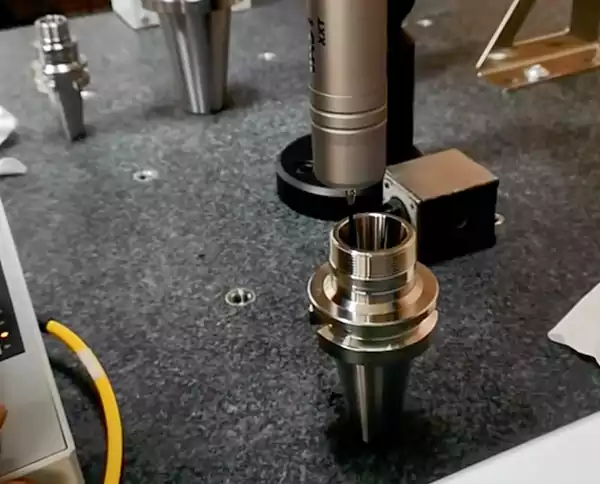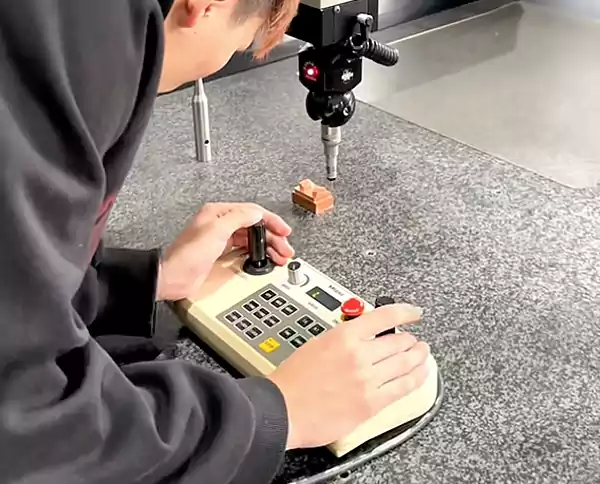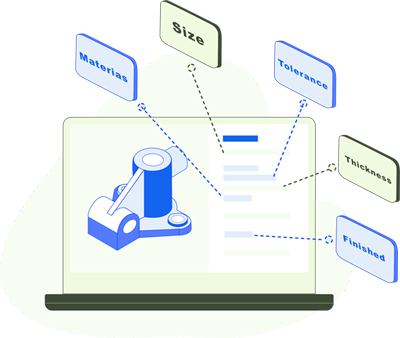Rapid prototyping services in Minneapolis , Minnesota
Our rapid prototyping service, in Minneapolis , Minnesota makes quality components for your needs.
Our rapid prototyping service, in Minneapolis , Minnesota makes quality components for your needs.

Welcome to RuiYi, your go-to rapid prototyping service provider in Minneapolis. With our cutting-edge technology and expertise in CNC machining prototyping, sheet metal prototyping, and more, we are dedicated to helping you bring your ideas to life.
Whether you are a start-up looking to test a prototype or an established company in need of a quick turnaround on a new product, we have the capabilities to meet your needs. Our team of skilled technicians and engineers are committed to delivering high-quality prototypes with precision and efficiency.
At RuiYi, we understand the importance of speed and accuracy in the prototyping process. That’s why we offer a range of services to ensure that your project is completed on time and to your exact specifications. From 3D printing to CNC milling, we have the tools and expertise to bring your concept to reality.
Trust RuiYi for all your prototyping needs in Minneapolis. Contact us today to learn more about how we can help you bring your ideas to life.

| Standards | CNC Milling | CNC Turning |
| Maximum Part Size | 7500×3400×1200mm / 295×133.8×47 in. | 200×500 mm / 7.9×19.7 in. |
| Minimum Part Size | 3.5×3.5 mm / 0.13×0.13 in. | 2×2 mm 0.079×0.079 in. |
| Standard Tolerances | +/- 0.01 mm +/- 0.0004 in. | +/- 0.01 mm +/- 0.0004 in. |
| Dimension | Metals: ISO 2768-m Plastics: ISO 2768-c | |

| Standards | Description |
| Thickness wall | 1.0 mm |
| Layer height | 50 – 300 μm |
| Max. build size | 250 * 250 * 250 mm (SLA), 420 * 500 * 420 mm (SLS) |
| Tolerance | ± 0.5% |

| Dimension | Tolerance |
| Edge to edge, single surface / Edge to hole, single surface / Hole to hole, single surface | +/- 0.005 inch |
| Bend to edge / hole, single surface | +/- 0.010 inch |
| Edge to feature, multiple surface / Over formed part, multiple surface | +/- 0.030 inch |
| Angle | +/- 1° |

Vacuum casting, also known as silicone vacuum casting or polyurethane vacuum casting, is a rapid prototyping and low-volume manufacturing process used to create high-quality plastic parts.
| Standard | Description |
| Maximum build size | +/- 0.025 mm (+/- 0.001 inch) |
| Standard lead time | Up to 20 parts in 15 days or less |
| Accuracy | ±0.05 mm |
| Layer thickness | 1.5mm – 2.5mm |


Upload your design to our quoting platform to receive instant, automated quotes along with a complimentary design analysis for your prototypes and production parts.
A design for manufacturability analysis will be completed for you within a few hours.
Once you place your order, we initiate the manufacturing process. Additionally, our digital platform provides real-time updates on the production stage.
After passing quality inspections, the parts are carefully packed for delivery. You can rest assured with our 30-day quality guarantee.







Allows manufacturers to create physical models of a product design to validate its form, fit, and function.
Enables quick iterations and modifications of a product design based on feedback and testing.
Creates prototypes that can be tested under real-world conditions to evaluate performance, durability, and functionality.
Facilitates the creation of custom and complex parts that might be difficult or impossible to using traditional manufacturing methods.
Creates prototypes of tools, jigs, and fixtures that are used in the manufacturing process to produce and assemble products.
Produces prototypes that can be used for market testing, customer feedback, and pre-production marketing.
Rapid prototyping services have revolutionized the way products are developed and brought to market. In Minneapolis, Minnesota, businesses can take advantage of these services to quickly create prototypes for testing and refinement. To help you better understand the benefits of rapid prototyping, here are 10 common questions and answers about the process.
A: Rapid prototyping is a process that utilizes 3D printing technology to quickly create physical models of a product design.
A: Rapid prototyping allows for faster iteration, reduced costs, and quicker time-to-market for new products.
A: A wide range of materials, including plastics, metals, and composites, can be used in rapid prototyping.
A: Rapid prototypes are highly accurate and can closely mimic the final product design.
A: Yes, rapid prototyping is capable of handling intricate and complex designs with ease.
A: The time it takes to create a prototype varies depending on the complexity of the design, but typically ranges from a few hours to a few days.
A: Rapid prototypes can be made durable by using the appropriate materials and post-processing techniques.
A: Industries such as automotive, aerospace, medical, and consumer goods can all benefit from rapid prototyping services.
A: Research online, read reviews, and ask for recommendations from other businesses to find a reputable rapid prototyping service provider in Minneapolis.
A: Yes, rapid prototyping services are cost-effective when compared to traditional manufacturing methods, as they reduce the time and resources required for product development.
Rapid prototyping services in Minneapolis, Minnesota, offer businesses a quick and efficient way to bring their product ideas to life. By understanding the benefits and capabilities of rapid prototyping, businesses can make informed decisions about how to incorporate this technology into their product development processes. Whether creating prototypes for testing, presentation, or production, rapid prototyping services can help businesses save time and money while bringing high-quality products to market.